When Shari Finkelstein graduated from Walt Whitman HS, she did not imagine she would one day enter the field of broadcast journalism, working as a producer for “60 Minutes.” In fact she had no idea what she wanted to do, although she toyed with the idea of going into public policy and pursuing a career on Capitol Hill.
“I was always really interested in government, politics and international relations,” said Finkelstein. “I also liked current events, but I wasn’t obsessive about them.”
After graduating from Harvard University with a degree in social studies, Finkelstein applied for a job at ABC News in New York City, and got an entry-level job as a desk assistant. Finkelstein worked her way up at ABC, finally becoming a producer before switching stations to work as a producer for CBS News’ “60 Minutes.”
Beginning in 1968, “60 Minutes” reached its 44th season as of September 2011, and has grown to be the most successful news broadcast in television history. According to CBS, “60 Minutes” brings in an average of 13.36 million viewers per week, over five million more viewers than the most popular evening news shows.
“One of the things about ‘60 Minutes,’” said Finkelstein, “is that we don’t have beats—your job here is to find great stories, and they can be about anything. I love getting to drop into a world that interests me, then getting to immerse myself in it and learn everything I can about it before crafting a story. To me, that is what is so exciting about journalism.”
Working for “60 Minutes,” Finkelstein can write and produce a story about anything, as long as her correspondent Lesley Stahl and the executive and senior producers of the show approve of the topic. Each correspondent has approximately four producers, whom he or she works closely with to develop and produce different segments of “60 Minutes,” which then becomes part of the three segments that make up an hour.
“If you’re passionate about a story and nobody else is doing it, you have the freedom to do it here,” said Finkelstein. “This show operates as though all of the producers and correspondents are kind of freelancers. It’s not a top-down driven show—part of my job as a producer is finding a story.”
And Finkelstein has taken advantage of this freedom, producing stories that range from “The Science of Sexual Orientation” to “The Mysterious Gift of Musical Savants” to her current story project, a profile of singer and songwriter Taylor Swift.
The in-depth aspect of “60 Minutes” is what makes it so unique. The broadcast is not designed to present to its viewers the news headlines of the week, or cover the repetitive stories of most evening news shows—it’s about uncovering and exploring something viewers may not be aware of, and portraying topics in a new angle or in a different light than the perspective viewers may be aware of.
“That is really what I look for when I’m looking for a great story: something where the characters in it are really compelling and where the story goes somewhere, preferably somewhere unexpected,” said Finkelstein.
In addition, “60 minutes” does not base its news topics on public demand, much unlike other broadcasting shows that gear their news shows in response to past ratings.
“Here, it doesn’t matter if the show is about some remote village in Africa, that maybe isn’t relatable to a lot of the audience,” said Finkelstein. “If it’s a good story, well-told with great characters, viewers will tune in because they have the sense that they will get something interesting and important out of the story, and will even feel smarter after having watched it.”
And this is part of the reason why “60 Minutes” has been so commercially successful. The show is not about pandering and accommodating to what it thinks its audience wants, intead its producers and correspondents assume that if they find something important and interesting, its viewers will too.
For Finkelstein, there is a lot of pressure to produce a segment, because each story is incredibly different. Although she has worked with “60 Minutes” for almost 14 years, the writing and structuring of each show changes drastically.
“It’s really challenging,” said Finkelstein. “But it would probably get really boring if, for every issue, it was like ,‘here’s the formula, now plug it in.’”
For the Taylor Swift show, Finkelstein and Stahl began filming Swift at her rehearsals last May, before she embarked on the American portion of her 2011-2012 world tour, “Speak Now,” although the bulk of the shooting occurred much later and Finkelstein is still in the process of writing the script in collaboration with Stahl.
“You rewrite a lot, often changing the order of the words and so on,” said Finkelstein. “It’s really this puzzle of what you introduce where, when you meet each character, what they are talking about when you meet them and how you are making sure you can put the information in an order that is interesting.”
One of the most interesting stories Finkelstein has done was about superior autobiographical memory—when one can remember everything that has ever happened to him or her on every single day of his or her life. They can recall what occurred on any given day, and trace memories back to the exact day an event happened. Those with such memories can even remember what the weather was like on any day and often what they were wearing or what they ate for meals. To further test their abilities, Finkelstein would ask every subject the day of her marriage when she provided the subjects with the date of her wedding.
“My husband and I got married on a Monday, for a weird set of reasons, and so I would tell the subjects that I got married on June 15, 1998, and if they got the day right, I knew they had superior autobiographical memory,” said Finkelstein.
Finkelstein has been successful in the journalism world, working a job that she loves.
“I think the best part is really getting to learn about many different things and then getting to shape them and craft them,” said Finkelstein. “My job has a component that is kind of like school, in the sense that I get to learn about different things and I have the freedom to do all different kinds of topics. There is a research phase, a writing phase, and a creative element. I get to tell the stories through their structures and visual components.”
Finkelstein worked her way up from the bottom and through diligent work and often through perfectionism, has reached many career goals and has made a name for herself in the highly competitive world of broadcast journalism.
“I feel very lucky to be at 60 minutes,” said Finkelstein, “because [the network] really does care about quality journalism and storytelling.”

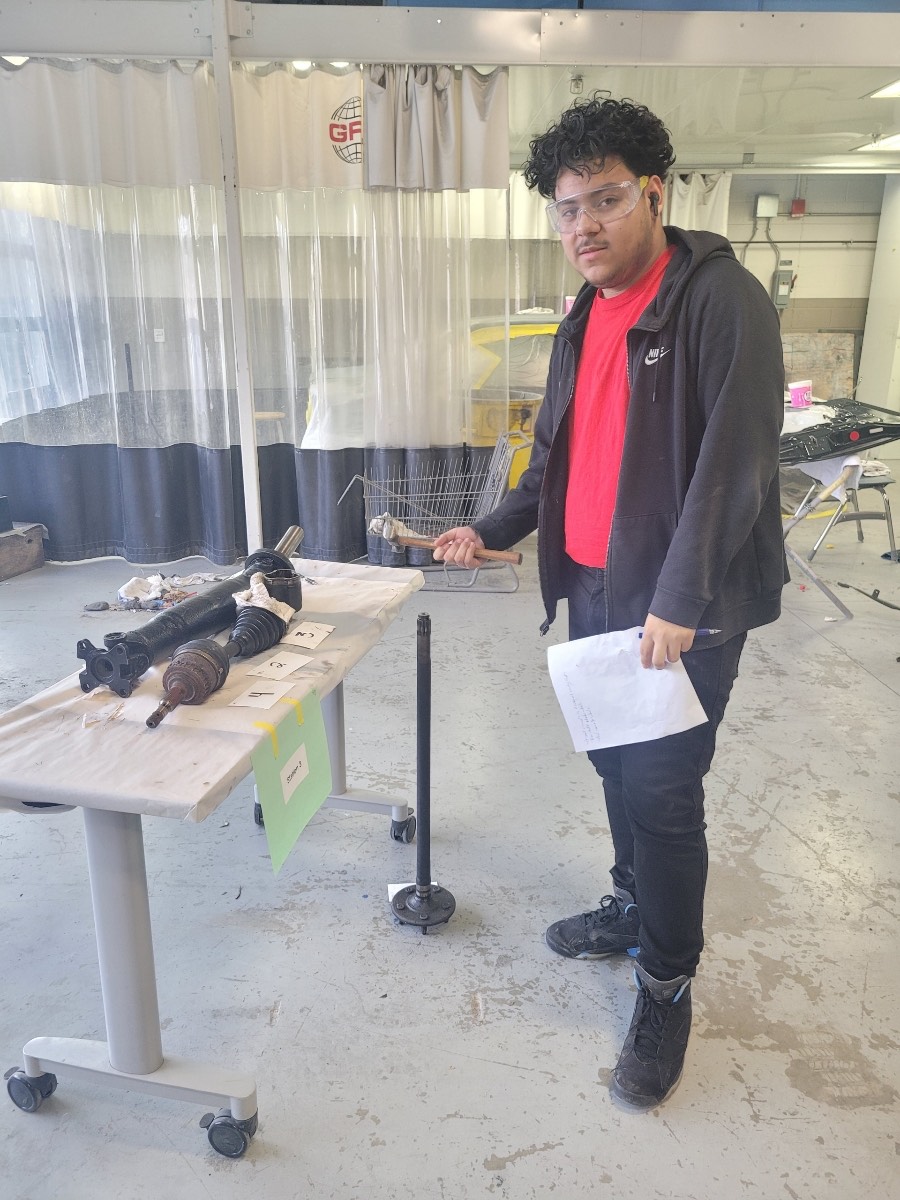
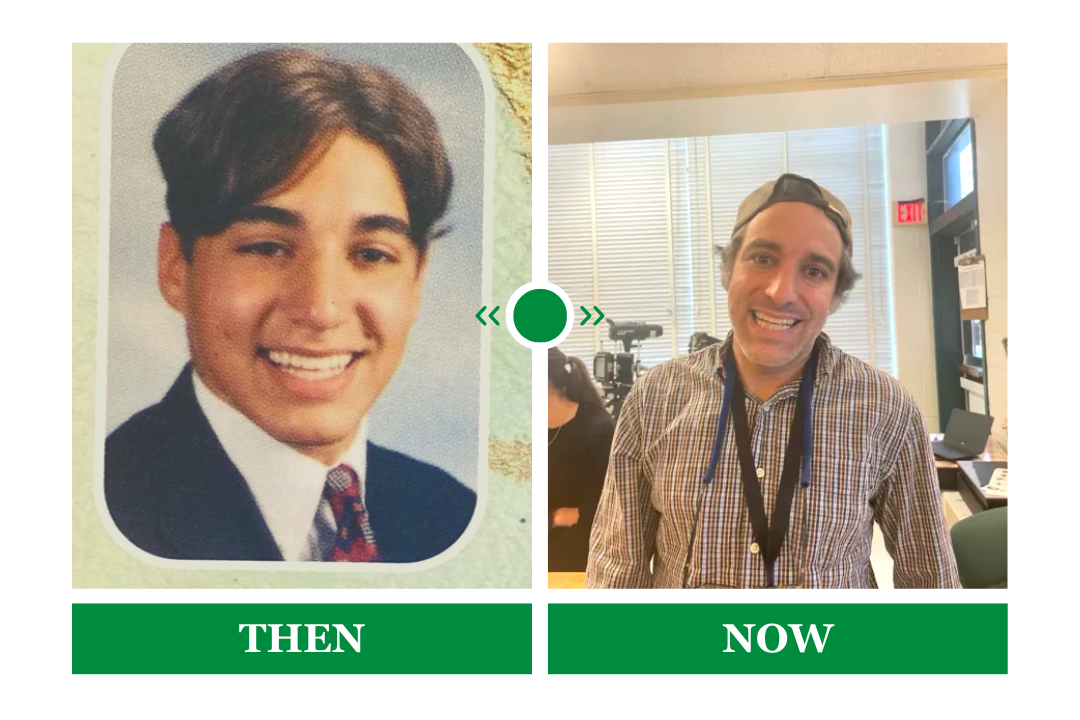

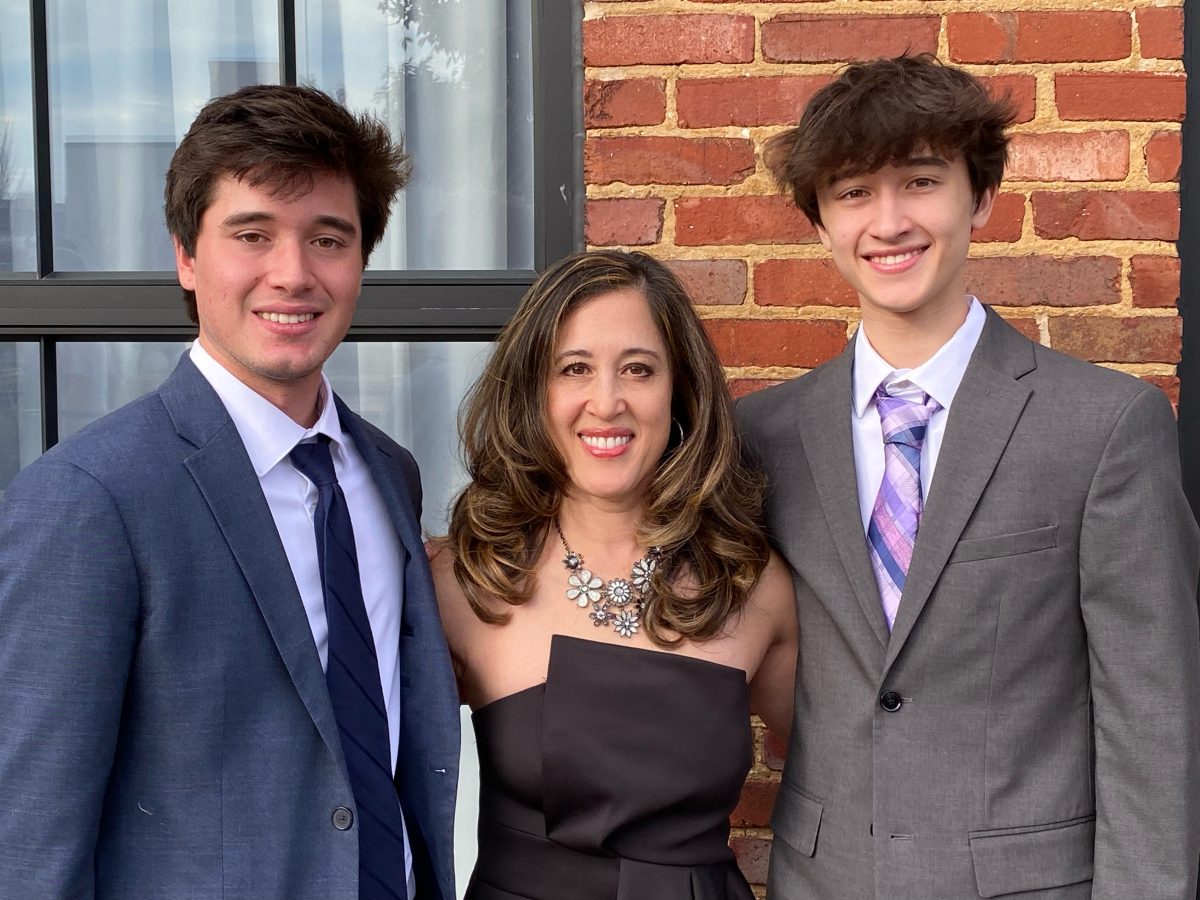
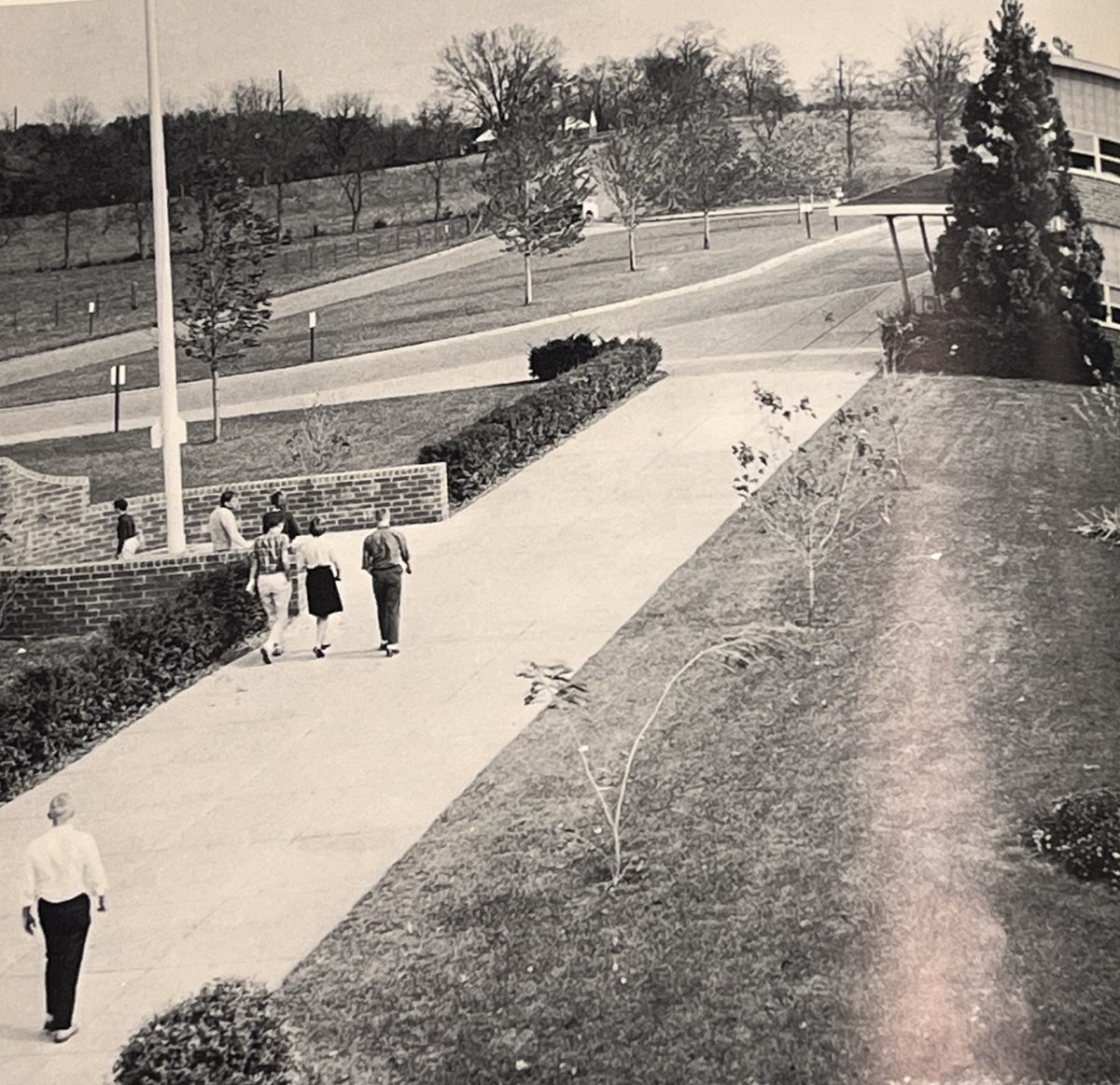

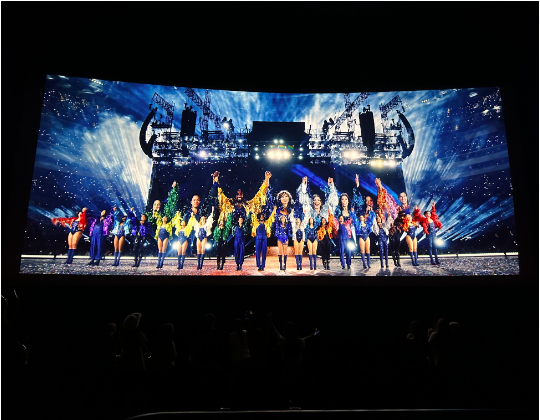





Jan Buonincontro • Oct 11, 2020 at 9:39 pm
It is not any President’s intent or fault to deny any Americans of good health care…it’s the fault of pharmaceutical companies, doctors, hospitals, charging exorbitant prices for their products, services…also insurance companies are at fault..NOT any President….do you realize that Drug Addicts, Gang members,
Ruthless Criminals plus others, receive all the medical care they want
FREE of charge DAILY
In America…chew on that!
Robert Milton Morse • Jan 5, 2020 at 8:40 pm
I hope someone else would STRONGLY recommend polygraphs just like they give to all of the USA commoners. They have badges, so everyone else are liars. For the Jeffery Epstein case. Just watched it on 60 min. Retired Chief Petty Officer United States Navy. 22 Years 1974-1996. Really hope someone put it out there. I did not see anywhere in the laws of the United States, that Law Enforcement is exempt from a polygraph. Time to send a message to America. Thank you.
(218) 854-7219. I will answer any inquireies by phone or Email. By the way, I’m very familiar with the act of Garrotte. Knowledge of the act only, never used.
Paul Hodges • Oct 22, 2017 at 5:22 pm
Wouldn’t now, with President Trump bent on denying millions of Americans the health care they deserve, be a good time to repeat the 2008 Scott Pelly report on Remote Area Medical. This organization is now doing three times the work they were then and responding to National Weather Emergencies all over the country. Responsible people need to see the need in this country first hand not just hear about it. We cannot continue to turn a deaf ear and dead heart to these matters. Our country is rotting from the inside out and people are dying for lack of care. R.A.M. leaves tomorrow foe Puerto Rico, God Bless Them!! (Even a new Report?)